AI Answer Evaluation Platform Live Now. Try Free Answer Evaluation Now

African Archaeology
African archaeology is a rich and fascinating field that sheds light on the diverse cultures, societies, and histories of the African continent.
+91-7303290503, +91-9557169661 | MON to SUN 10:00 AM - 6:00 PM

African archaeology is a rich and fascinating field that sheds light on the diverse cultures, societies, and histories of the African continent.
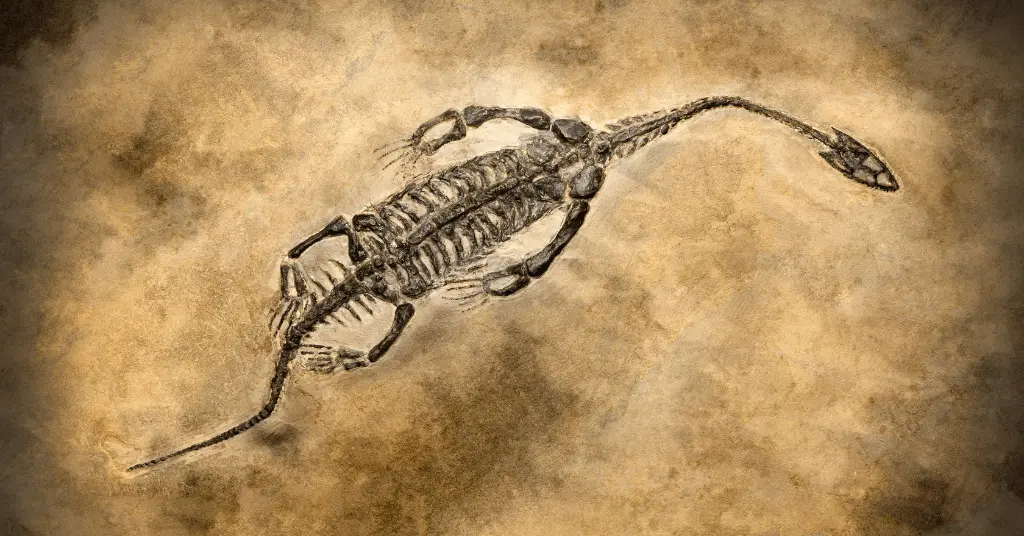
Paleopathology is the discipline that investigates ancient diseases based on human or animal remains.
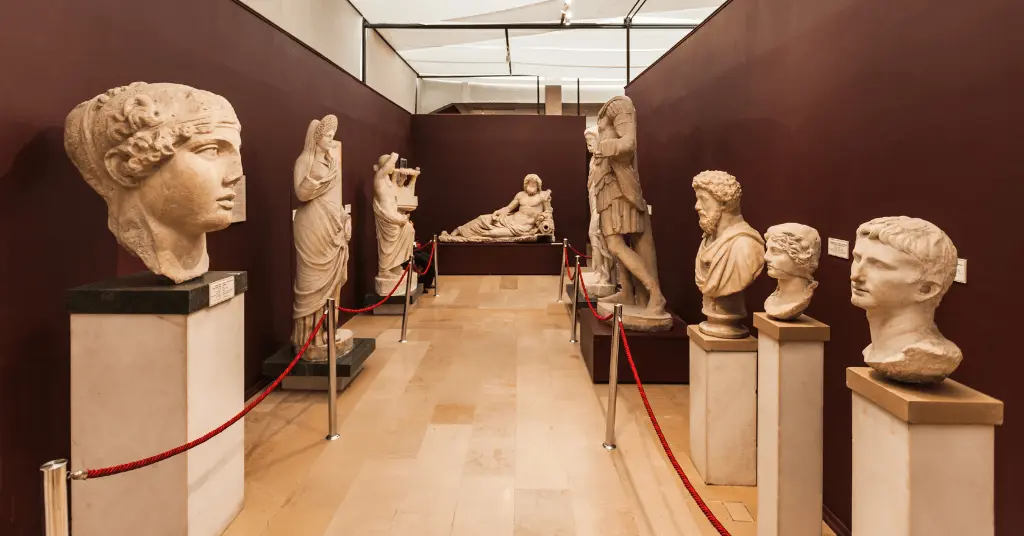
Historical archaeology may give vital insights into the lives and experiences of those who were not well represented in written documents, such as slaves, women, and indigenous people.
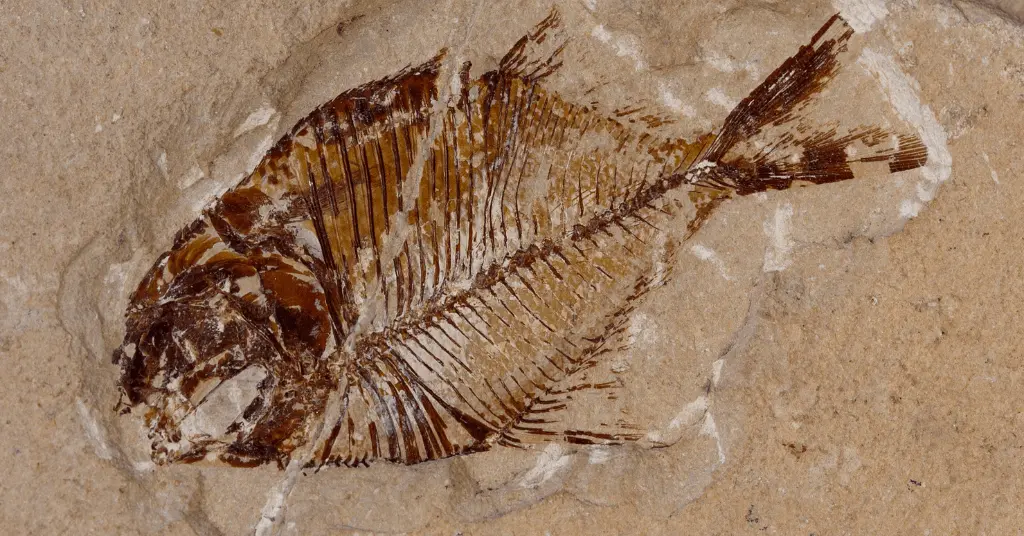
Paleoarchaeology is the study of fossil remains from about 7,000,000 to 10,000 years ago. The word originates from Greek ‘arkhaios’ and ‘palaios’, which both mean old or ancient.
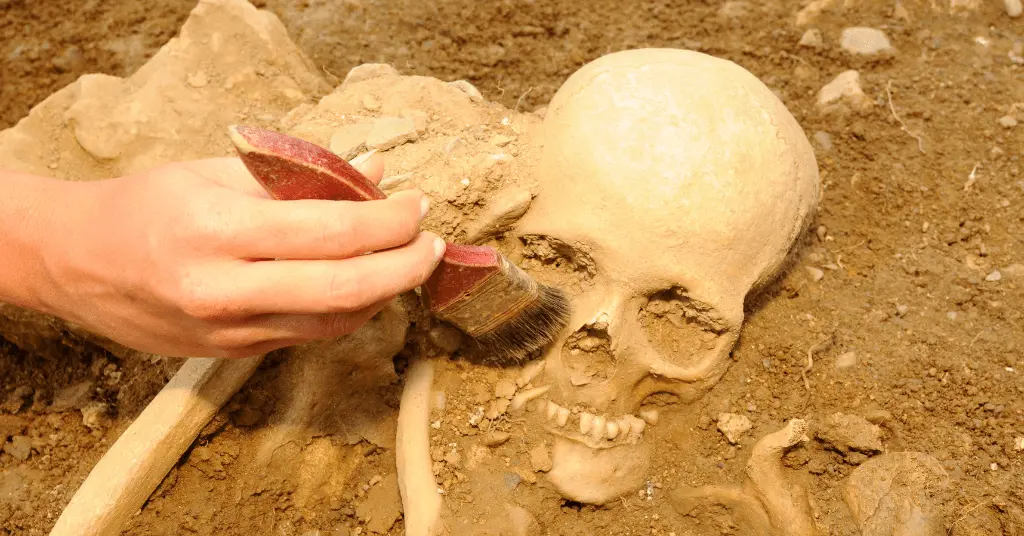
Archaeological practice is the set of aims, techniques and interpretation that archaeologists undertake.
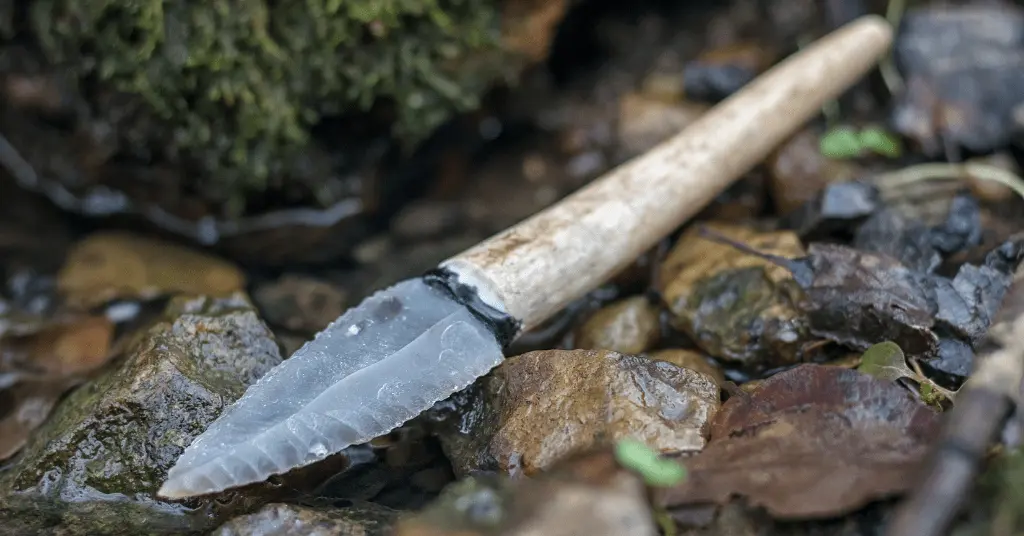
An ecofact is an archaeological or paleontological term that refers to a natural object or substance that has been used or modified by humans and has some value in understanding past human activity.

Forensic archaeology is a branch of archaeology that blends archaeological methods and techniques to criminal investigations and judicial proceedings.
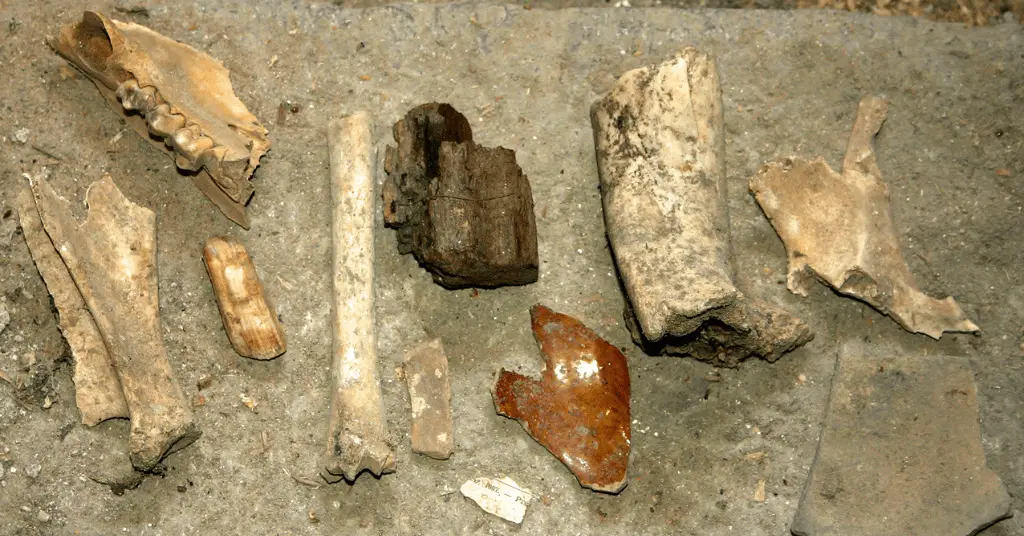
Experimental archaeology is a research technique that involves recreating or rebuilding past technologies, behaviors, and material cultures through experimental experimentation.

Industrial archaeology (IA) is a recent field of study focusing on documentation and preservation of humankind’s industrial heritage.
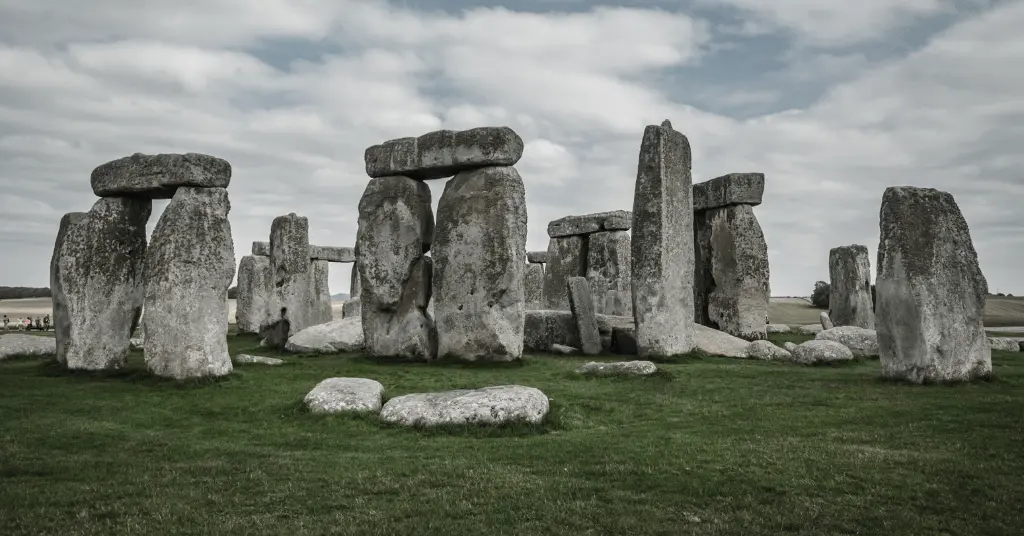
Landscape archaeology is a branch of archaeology that focuses on the study of human interaction with the natural environment across time. It involves the research of the physical elements of the landscape, such as topography,
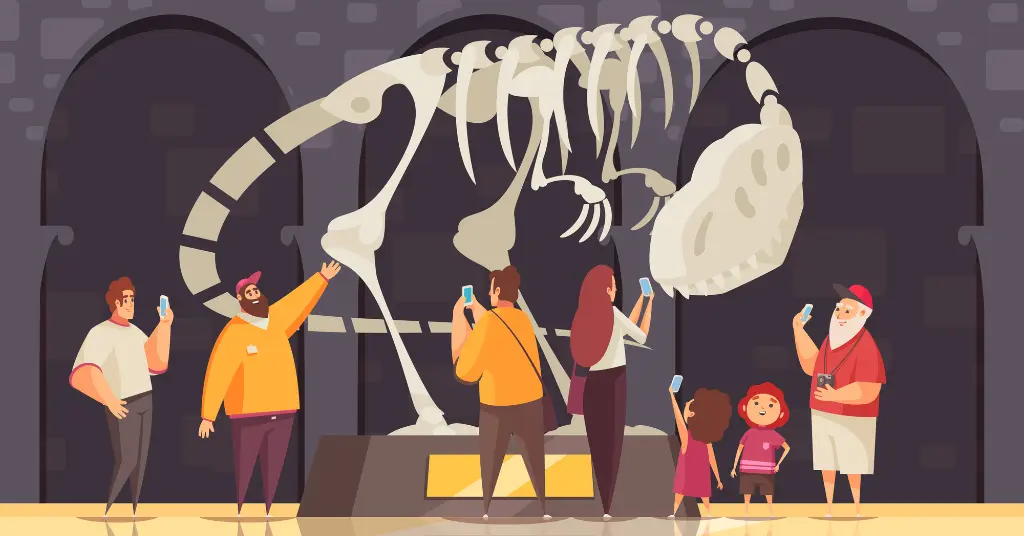
Museum studies is an interdisciplinary study that focuses on the theory, practice, and management of museums and other cultural institutions. It includes a number of topics, including history, art history, anthropology, archaeology, education, and management.
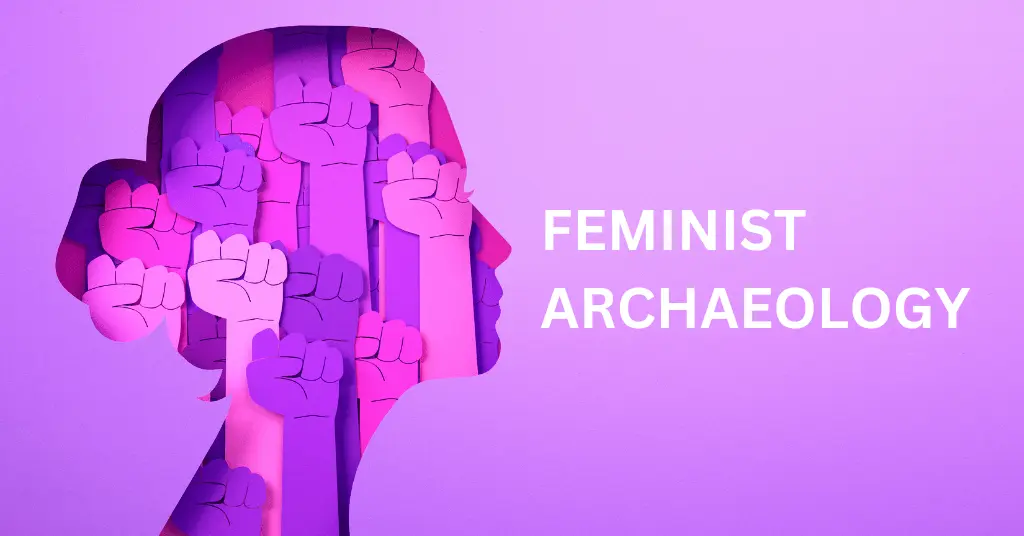
Feminist archaeology is a field of archaeology that originated in the 1970s and 1980s as a reaction to the male-dominated character of the profession.